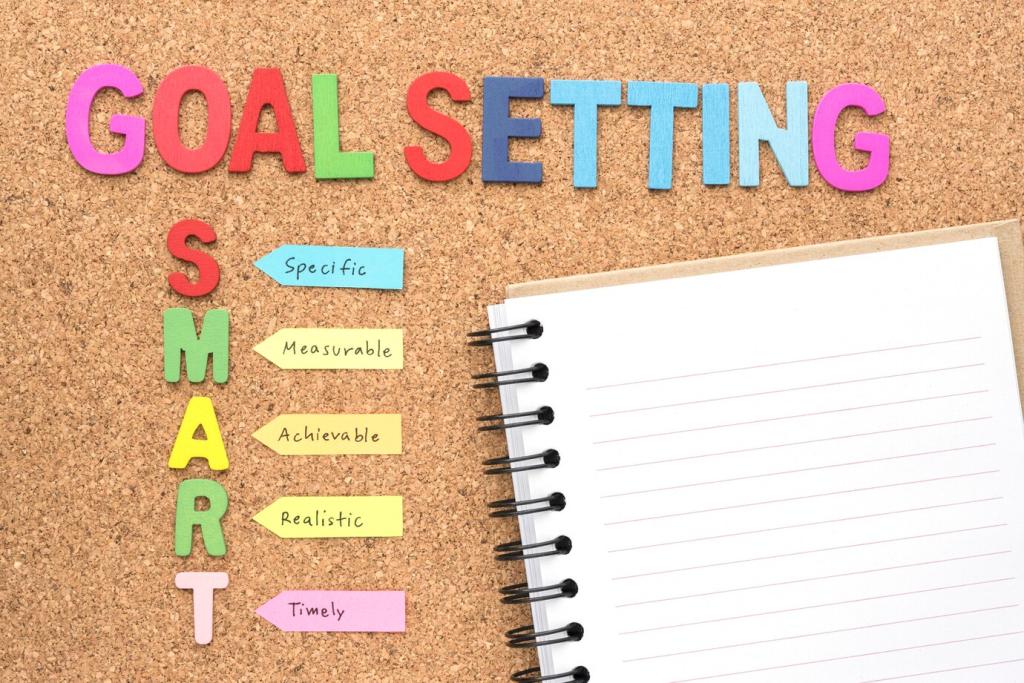Study Strategies with Online Tutorials: Learn Faster, Remember Longer
Chosen theme: Study Strategies with Online Tutorials. Welcome to your friendly hub for smarter studying, where we turn passive watching into active progress. Dive in, test ideas, and subscribe for weekly, practical strategies that genuinely stick.
Design Your Learning Plan Around Tutorials

Write one measurable outcome for the next two weeks, then split it into tiny skills. For example, instead of mastering statistics, target building confidence intervals, visualizing distributions, and interpreting p-values.

Pause–Summarize–Teach in Your Own Words
Every five minutes, pause the video and speak a quick summary out loud, as if teaching a friend. Capture misunderstandings immediately. This friction is productive signal, not failure.
Use Spaced Notes and Retrieval Checks
After each tutorial, close your notes and write what you remember from memory. Revisit notes in two days and again next week, adding corrections and questions to strengthen recall.
Practice During, Not After
When the instructor demonstrates, pause and replicate the steps without looking. If possible, change values or examples. Micro-variations force understanding and prevent shallow copy-paste learning.
Notes That Work With Video and Interactive Lessons
Use cues on the left, summary at the bottom, and core notes on the right. Add timestamps to important moments to jump back quickly when revisiting nuanced explanations.

From Watching to Doing: Project-Based Mastery
Start with a Tiny Real Problem
Pick a problem you genuinely care about, even if it is small. A personal dataset, a portfolio landing page, or a simple automation script drives motivation and anchors learning.
Turn Objectives into Checklists
Translate tutorial learning objectives into a project checklist. Each item should be demonstrable. Check items only when you can explain the decision behind your implementation clearly.
Share Progress Publicly for Accountability
Post weekly updates, screenshots, or demos. Public commitment reduces procrastination and invites feedback. Tag your post and invite readers to suggest features or tests to stretch your skills.

Five-Minute Rule and Pomodoro Cadence
Promise yourself only five minutes to start. Once moving, extend with a 25-minute focus block and a short break. Reset twice, then take a longer rest to consolidate attention.

Browser Hygiene for Learning
Mute autoplay, hide recommendations, and use a separate learning profile with minimal extensions. Keep just your tutorial, notes, and practice environment open to reduce context switching.


Choose Better Tutorials: Quality, Fit, and Flow
Look for clear learning objectives, transcripts, chapter markers, practice tasks, and real examples. Instructor responsiveness in comments is a strong indicator of a supportive learning experience.
Choose Better Tutorials: Quality, Fit, and Flow
Scan the first five minutes and attempt a tiny exercise. If you cannot complete it with hints, note the missing prerequisite and review that first to prevent frustration and burnout.
